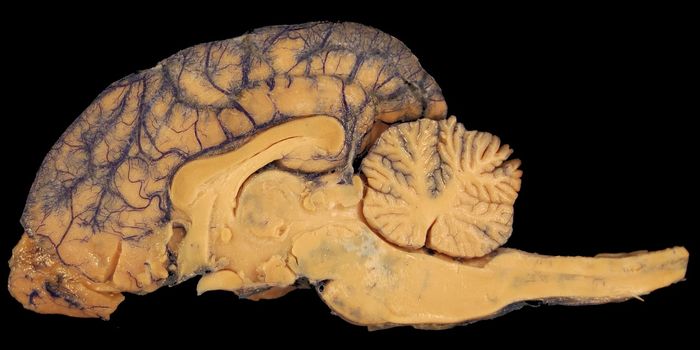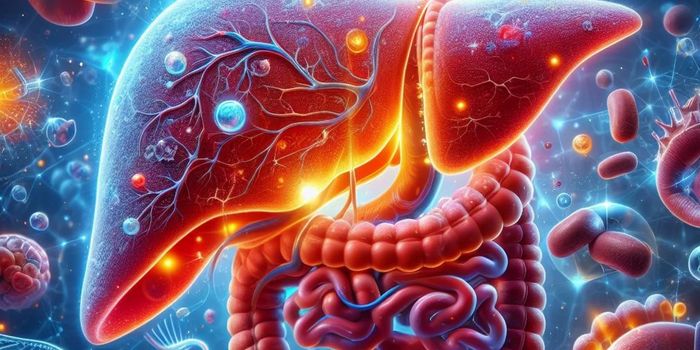New discovery could help preterm babies breathe easy
Babies born more than three weeks before full term are met with complicated and often life-threatening health challenges. Most notably, these tiny preterm babies often experience respiratory distress, which manifests as labored breathing and a heightened risk of developing lung infections. Even if preterm babies are able to fight against respiratory problems in their first weeks of life, they are not out of the woods. Research has shown that these babies tend to be affected by chronic, long-term respiratory illnesses as toddlers and young children.
Hitesh Deshmukh, MD, Ph.D., a neonatologist based at Cincinnati Children's, led a research team that investigated the intricate immunological pathways underlying these acute and chronic respiratory issues faced by preterm babies.
The study, published in the journal Immunology, detailed how preterm babies are born before their Type 3 innate lymphoid cells have a chance to develop. These cells represent a key component of the immune system that is critical to protecting mucous membranes, such as the lining of the lungs. The absence of these cells means that these vulnerable babies are unable to mount a robust immune response against microorganisms they breathe in.
In follow-up studies, the scientists aim to design strategies to promote the development of Type 3 innate lymphoid cells in preterm babies, hypothesizing that this will shield them against pathogenic infections and tissue inflammation.
"This study gives us important new information that helps us develop new and cost-effective methods to boost innate lung immunity in preterm babies. This could help them develop lifelong pulmonary resistance to respiratory infections,'' said Deshmukh.
The World Health Organization estimates that 15 million babies are born preterm annually. Though certain maternal complications such as diabetes and high blood pressure can contribute to an increased risk of preterm birth, more often than not, there is no clear cause of why these babies are born early.
Along with these respiratory health obstacles, preterm babies often have drastically altered gut microbiomes as a result of intensive antibiotic treatment regimens. The authors are hopeful that a combination of commensal bacteria administration and hormone therapy can assist these young babies to survive their first months of life and defend them against future infections.
Sources: Immunity, Medical Xpress News.









